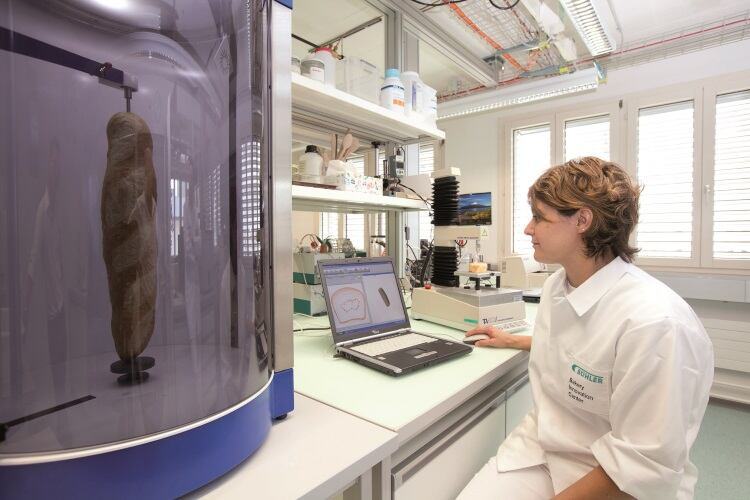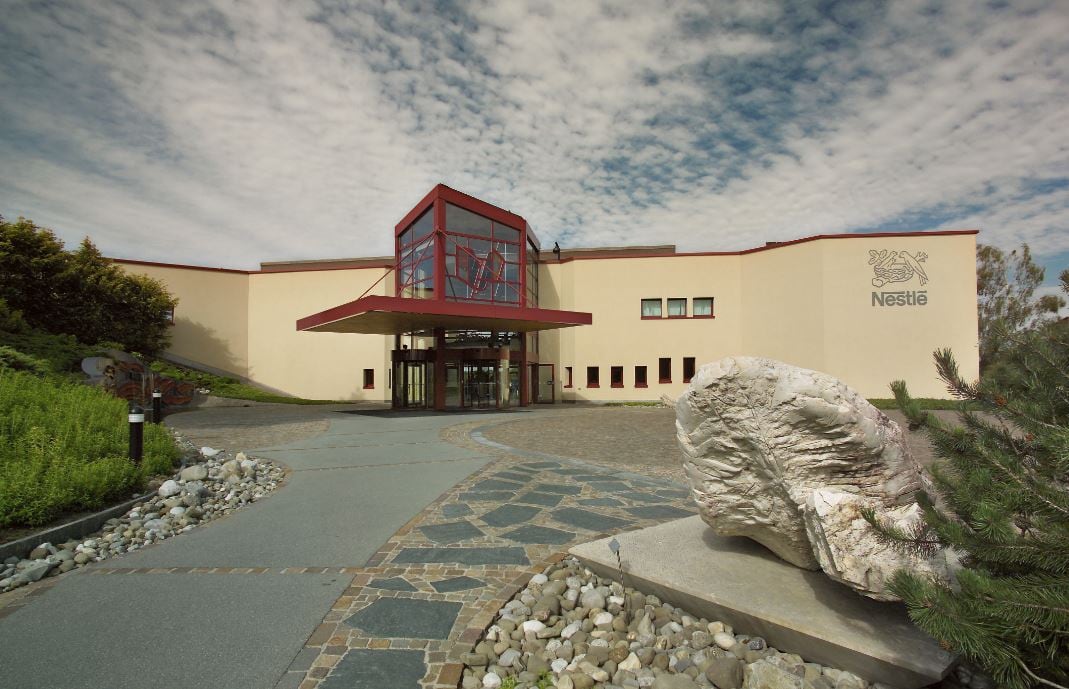The focus of the initiative is to accelerate the development of healthy food products and more sustainable, plastic-free packaging, addressing the challenges of affordable nutrition, hunger and malnutrition.
Healthy food
"We have launched this initiative to pool our expertise in research and innovation to find innovative approaches for healthy foods and a sustainable supply chain,” said Prof. Dr. Detlef Günther, VP, Research and Corporate Relations, ETH Zürich.
The Future Food Initiative is funded by a donation from the industrial partners with a total amount of 4.1 million Swiss francs ($4m).
Its goal is to further expand research and education in the area of food and nutrition sciences at the interface of universities and enterprises.
"This initiative will offer several talented young scientists an opportunity for their professional and intellectual growth,” added Andreas Mortensen, VP, research, EPFL.
Nestlé said the initiative encourages food and nutrition research in areas relevant to consumer trends and sustainability, and it includes a postdoctoral fellowship program to promote young scientists.
The first research projects will focus on plant-based nutrition and ancient plant varieties.
“Scientific questions and challenges related to food trends and sustainable nutrition is key for us as we create tasty and nutritious food for all age groups. As one of the initiators of this important Swiss research initiative, we reaffirm our commitment to further strengthen the Swiss research ecosystem for food and nutrition research," Said Stefan Palzer, CTO,Nestlé S.A.
Nestlé R&D
A significant part of Nestlé’s global R&D organization is located in Switzerland, including Nestlé Research, which employs about 800 people in Lausanne. In 2017, the company made an R&D investment of around CHF 1 billion ($998m) in Switzerland, which corresponds to about 58% of the total Nestlé R&D investment worldwide.
So far, Nestlé has committed to making 100% of its packaging recyclable or reusable by 2025 and is accelerating its journey towards reaching full supply chain transparency by disclosing a list of its suppliers alongside a variety of data on its 15 priority commodities, which cover 95% of the company’s annual sourcing of raw materials, including soy, meat, hazelnut and vanilla.
In a statement, Fabio Campanile, head, Flavour Science & Technology, Givaudan, said the Future Food Initiative’s objectives are closely aligned with its 2020 strategy, focusing on Sustainability, Health & Wellbeing and working with partners to create great tasting food.
“It is only through collaborations such as this, bringing together industry, academia and the brightest and best young scientists, that we will be able to meet the challenges of the future,” he added.
CUBIC
Stefan Scheiber, CEO, Bühler Group, said it decided to become a partner of the Food Initiative because it wants to create ‘innovative and sustainable’ technology, partnering with leading research institutes, industrial partners, and promising start-ups in the world of food.
Bühler will also open its CUBIC innovation campus this spring in Uzwil, Switzerland, inviting partners, customers, start-ups and academics to benefit from the facilities.
Bühler created a Consumer Foods division earlier this year, combining its chocolate, nuts, bakery and coffee business with newly acquired HAAS, which it acquired last year.



